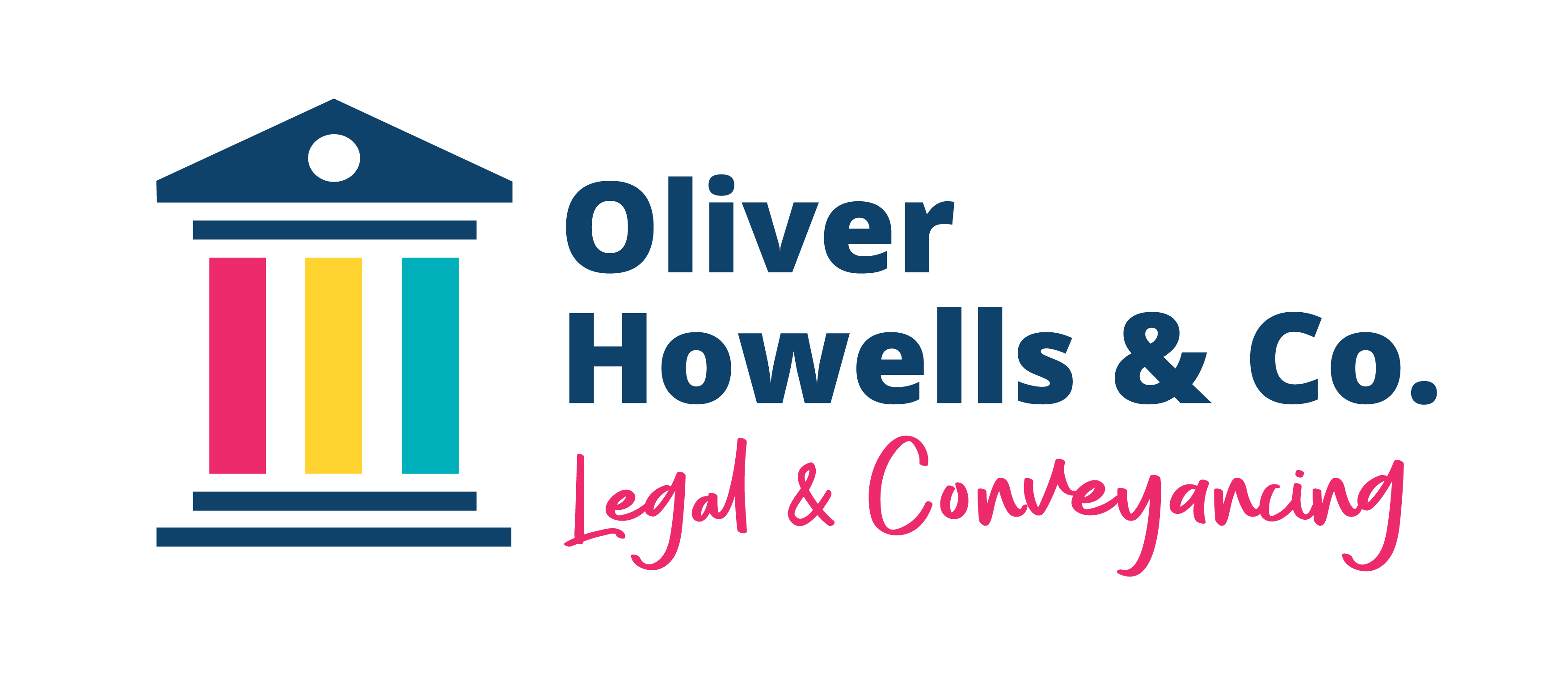
Real Estate Wise Up: Breaking Down Property Industry Jargon
The property industry is full of technical terms and jargon, making it difficult for people new to the industry to understand. Whether you’re dipping your toe in as a first home buyer, considering real estate investment, or just someone interested in the property market, it’s important to be familiar with some of the most common industry terms and their meanings.
In this blog post, we’re breaking down property industry jargon so you’ll feel confident navigating your property journey.
Property Appraisal
A property appraisal is an assessment of the value of a property in the current market. A licensed real estate agent typically conducts appraisals, which are used to determine the fair market value of a property. This value is important when buying or selling a property, as it can influence the price that is negotiated.

According to local agent finder, an appraisal takes into account a range of considerations, such as:
- The size of your property
- The floor plan
- The property’s condition, such as street appeal, structure and features
- The local area and location, including access to essential amenities like schools, shopping and public transport
- School zone boundaries
- Current local property market conditions and recent sales data
- Wider real estate market trends
- The time of year you’re looking to sell your property, and
- The current economic environment, including interest rates.
Most real estate agents offer free property appraisals.
Equity
Equity is the difference between the value of your property and the amount you still owe on your home loan. Many homeowners borrow against the equity to buy additional investment properties, undertake renovations or achieve other goals. Here’s an example of how equity works:
Joan’s home is valued at $750,000.
We subtract the current home loan balance from the total value to calculate the equity. Her home loan is $400,000, which means she has equity of $350,000.
Banks are generally ok to lend up to 80% of the value of your home – referred to as useable equity. In the example above, 80% of $750,000 is $600,000, so the usable equity is $200,000.

We recommend talking to your bank or broker about whether you can utilise equity for your goals.
Loan-to-value ratio (LVR)
The loan-to-value ratio is important because it can impact borrowing capacity. LVR is the amount you’re borrowing, represented as a percentage of the value of the property you’re buying. It’s calculated by dividing the mortgage amount by the property’s appraised value.
For example, if the property you’ve got eyes on is priced at $600,000 and you need to borrow $350,000, the loan-to-value ratio is 58%. Here’s how to calculate it:
($350,000 loan divided by $600,000 property value) x 100 = 58% LVR.
It’s essential to note LVR plays a significant role when determining if your home loan application is approved. The lower your LVR is the less risk for your lender. If your loan-to-value ratio is over 80% of the property value, your loan is a high risk, and you may need Lender’s Mortgage Insurance.
Lenders Mortgage Insurance
There’s no point going further until we break down Lender’s Mortgage Insurance (LMI). In the point above, we mentioned how a LVR above 80% presents a high risk to your lender. And many first-home buyers who haven’t been able to save a greater than 20% deposit find themselves in this situation. But don’t despair – it doesn’t necessarily mean your dream home is years away.
According to the Insurance Council Australia:
Lenders Mortgage Insurance (LMI) is insurance that a lender takes out to insure itself against the risk of not recovering the outstanding loan balance if you, the borrower, are unable to meet your loan payments and the property is sold for less than the outstanding loan balance.

While LMI protects your lender should you default on your home loan, ultimately, you’ll have to bear the insurance cost. You won’t have to arrange the LMI yourself; they’ll do it for you. The insurance cost depends on how much you borrow, who your lender is and the size of the deposit you can contribute.
Principal
The principal is the amount of money borrowed in a mortgage. It doesn’t include interest or any other fees associated with the loan itself.
In most cases, you’ll make home loan repayments of both principal and interest. So, you’ll be paying the part you borrowed plus any interest you owe over the life of the loan.
In some circumstances, like when you’re building a home, you’ll borrow money against a construction loan; you may only need to pay interest (not principal) until your loan is fully drawn down (all payments have been made to your builder). At this point, your loan will likely change over to a principal and interest loan.
Amortisation Period
Oh, this one’s a goody! Try saying it as fast three times – it’s a real tongue twister!
Now, what is it? Basically, it’s the length of time it would take to pay off your mortgage in full. The timeframe is based on an estimate of the interest rate for your current term.

If you want to calculate the balance that will be owed on your home loan after a certain period of time, try this amortisation calculator from Mortgage Choice
Transfer Duty (previously Stamp Duty in NSW)
If you’re buying a property, you’ll want to factor in the cost of transfer duty.
Transfer duty is a tax on the value of the property you buy. In NSW, the tax is collected for the state government by Revenue NSW and must be paid by the buyer within three months of the purchase.
The amount you pay for transfer duty will depend on the market value of the property you’re buying. The higher the value, the more transfer duty you must pay. Some exemptions exist, and you may also be eligible for transfer duty concessions as a first home buyer in NSW under the First Home Buyers Assistance Scheme.
Certificate of Title
A Certificate of Title is a legal document proving property ownership. The title shows a title reference, name(s) of registered owners and any registered dealings, such as any mortgage details over a property.
Don’t expect to get an actual paper-based certificate in NSW. As of the 11th of October 2021, paper Certificates of Title were abolished, and a new land titles system was introduced in NSW to move away from paper-based processes.
Disclaimer: The information provided in this blog post is for general informational purposes only and should not be considered as professional advice. We recommend consulting with qualified professionals for advice tailored to your individual circumstances.

Hi there! I'm Tayla Oliver
I founded Oliver Howells & Co. to educate and support you through your legal, or property buying and selling journey, with affordable, full-service legal and conveyancing support. You can count on our experienced and friendly team to look after your best interests at every step of the way.
FREE CHECKLIST


